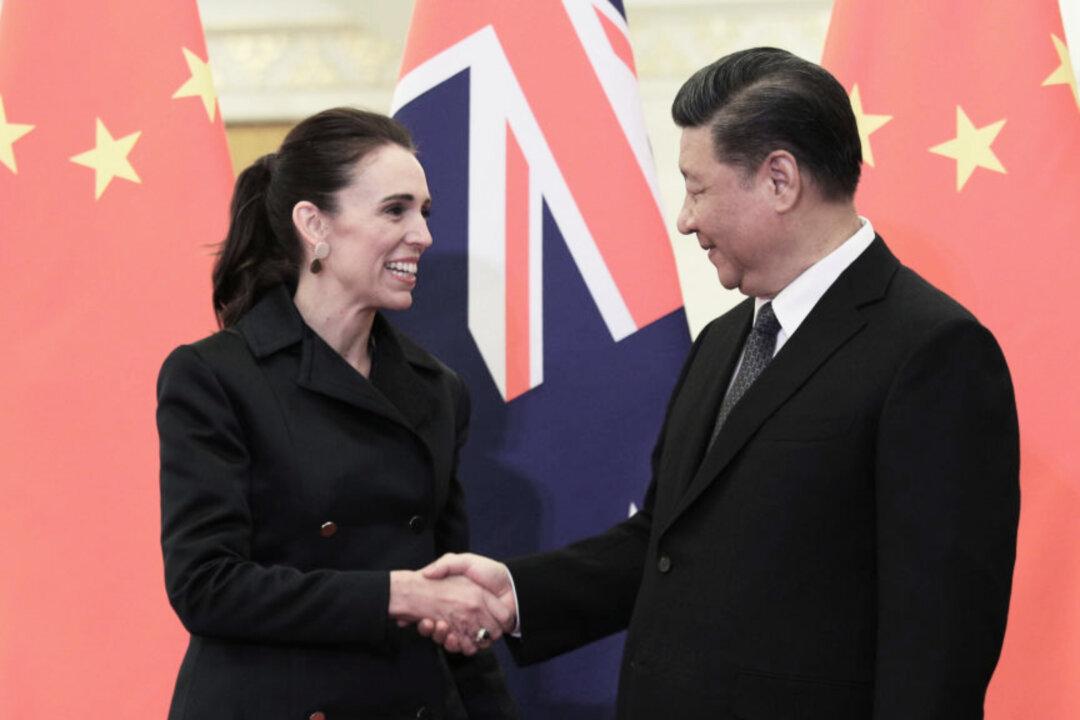New Zealand have announced they would hold off on criticising the World Health Organisation’s (WHO) COVID-19 investigation in China despite thirteen nations—including New Zealand’s Five Eyes’ partners Australia, the UK, U.S., and Canada—pointing to a lack of “access, transparency, and timeliness” of data provided to investigators.
Governments have expressed concerns that Chinese authorities interfered with the process by creating significant delays, and failing to provide data.




